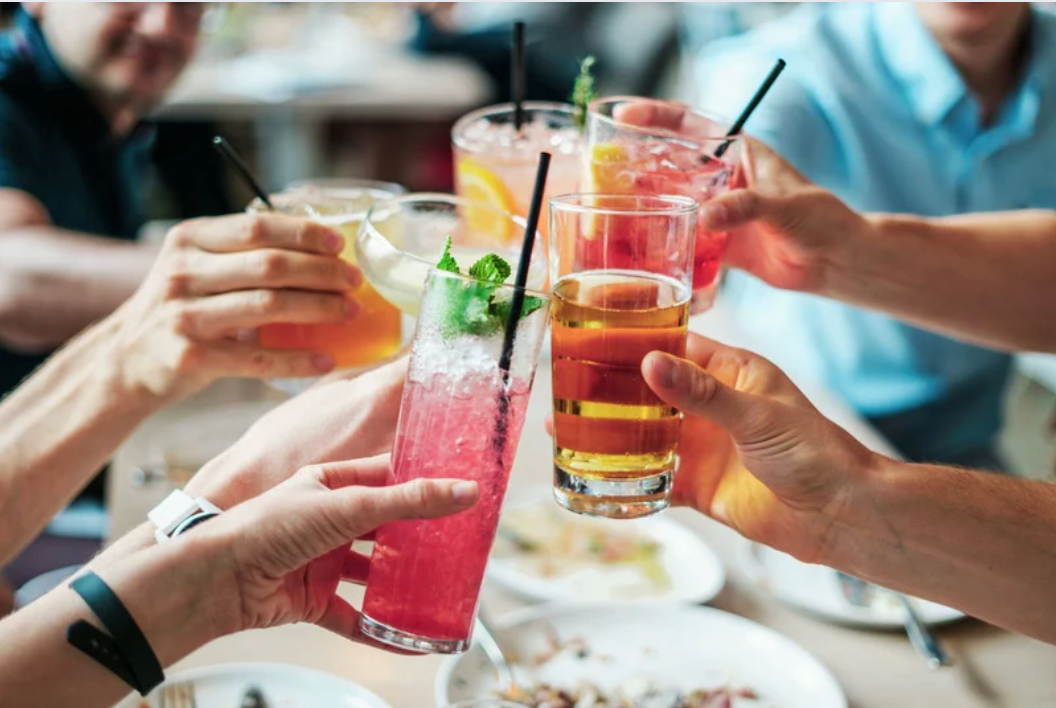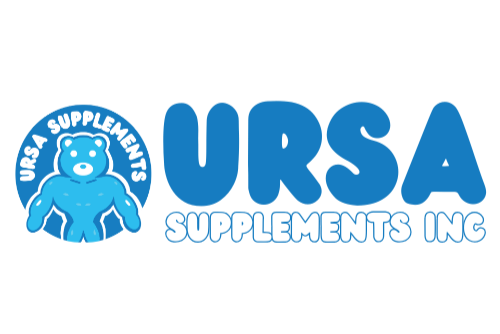
The Impact of Alcohol on Health and Muscle Growth
Share
The Impact of Alcohol on Health and Muscle Growth
In the quest for fitness and muscle growth, every choice you make can significantly impact your progress. While maintaining a balanced diet and consistent workout routine is essential, it’s equally important to consider how alcohol consumption can affect your health and muscle growth. Here’s a closer look at how alcohol impacts your body and why you might want to rethink that next drink if you’re serious about your fitness goals.
1. Alcohol and Muscle Protein Synthesis
Muscle protein synthesis (MPS) is the process by which your body builds new muscle tissue in response to exercise. Alcohol can negatively impact MPS, hindering your body’s ability to repair and grow muscle. Studies have shown that alcohol consumption can reduce the rates of muscle protein synthesis, making it harder for your body to recover from workouts and build new muscle tissue. This is especially concerning if you consume alcohol post-workout when your body is in a critical recovery phase.
2. Hormonal Imbalance
Alcohol can disrupt the balance of hormones that are crucial for muscle growth and recovery. For example:
- Testosterone: This hormone is essential for muscle repair and growth. Alcohol can lower testosterone levels, which can slow down muscle recovery and growth.
- Cortisol: Known as the stress hormone, cortisol levels can increase with alcohol consumption. Elevated cortisol can lead to muscle breakdown and hinder muscle repair and growth.
3. Dehydration
Alcohol is a diuretic, meaning it increases the production of urine, leading to dehydration. Proper hydration is vital for optimal muscle function, recovery, and growth. Dehydration can cause muscle cramps, fatigue, and a decrease in strength and endurance, all of which can negatively impact your workouts and muscle-building efforts.
4. Nutrient Absorption
Your body needs a variety of nutrients to support muscle growth, including protein, vitamins, and minerals. Alcohol can interfere with the absorption of these nutrients. For instance, alcohol can impair the absorption of protein and hinder the metabolism of vitamins and minerals like vitamin D, calcium, and zinc, which are essential for muscle function and overall health.
5. Caloric Content
Alcohol contains empty calories, meaning it provides energy without any nutritional benefit. Consuming high-calorie alcoholic beverages can lead to an excess caloric intake, contributing to unwanted fat gain. Managing your caloric intake is crucial for achieving a lean, muscular physique, and alcohol can easily derail your dietary goals.
6. Sleep Disruption
Quality sleep is essential for muscle recovery and overall health. Alcohol can disrupt your sleep patterns, leading to poor sleep quality. Poor sleep can reduce the production of growth hormone, which is essential for muscle repair and growth. Additionally, lack of sleep can impair your cognitive function, making it harder to stay motivated and focused on your fitness routine.
Balancing Alcohol Consumption and Fitness Goals
While it’s clear that alcohol can negatively impact muscle growth and overall health, it’s also important to acknowledge that occasional, moderate consumption may not have severe long-term effects for everyone. Here are some tips for balancing alcohol consumption with your fitness goals:
- Moderation is Key: Limit your alcohol intake to avoid the negative impacts on muscle growth and recovery.
- Timing Matters: Try to avoid alcohol consumption immediately after workouts to allow your body to recover properly.
- Stay Hydrated: Drink plenty of water to counteract the dehydrating effects of alcohol.
- Prioritize Nutrient Intake: Ensure you’re getting adequate nutrients from your diet to support muscle growth and overall health.
- Get Quality Sleep: Maintain good sleep hygiene to ensure you’re getting the rest your body needs for recovery.
